In today’s fast-paced, digital world, education has evolved beyond the confines of traditional classrooms. With the advent of the internet, online learning has emerged as a viable alternative to traditional education. But which path is right for you? In this comprehensive guide, we’ll weigh the pros and cons of online learning vs. traditional education to help you make an informed decision.
The Rise of Online Learning
Online learning, also known as eLearning or distance education, has gained immense popularity in recent years. It offers several advantages that make it a compelling option for many:
- Flexibility and Convenience
One of the most significant benefits of online learning is flexibility. With online courses, you have the freedom to set your own schedule. This flexibility is particularly valuable for working professionals, parents, or individuals with busy lifestyles who want to earn a degree or acquire new skills without disrupting their daily routines. - Accessibility
Online courses are accessible from anywhere with an internet connection. This eliminates geographical barriers, allowing students to choose from a wide range of programs and institutions worldwide. For those in remote areas or countries with limited educational resources, online learning opens up a world of opportunities. - Cost-Efficiency
Online courses often cost less than traditional in-person programs. You can save on commuting expenses, textbooks, and accommodation. Additionally, many online courses offer financial aid or scholarships, making education more affordable for a broader audience. - Diverse Learning Resources
Online platforms offer a wealth of multimedia resources, such as videos, interactive quizzes, and forums. These diverse learning tools cater to different learning styles, making it easier for students to grasp and retain information.
Traditional Education: Time-Tested Benefits
Traditional education, on the other hand, has been the cornerstone of learning for centuries. It continues to offer unique advantages:
- In-Person Interaction
Traditional education fosters face-to-face interaction with professors and peers. This interpersonal connection can lead to deeper understanding, immediate feedback, and valuable networking opportunities. - Structure and Discipline
In a traditional classroom setting, students adhere to a fixed schedule. This structured environment can help some individuals stay disciplined and focused on their studies. - Hands-On Learning
Certain subjects, like laboratory sciences and fine arts, require hands-on experience that is more readily provided in traditional settings. Practical training and lab work are integral components of these disciplines. - Accreditation and Recognition
Many employers and institutions still hold traditional degrees in high regard due to their long-standing reputation. Some careers and industries may require a traditional degree for specific roles.
Making the Right Choice
So, how do you decide which educational path suits you best? Consider the following factors:
Your Learning Style
Reflect on how you learn best. Do you thrive in a structured, in-person environment, or are you comfortable with self-directed, online learning? A Student’s learning style plays a crucial role in determining your preference.
Your Goals and Circumstances
Your career goals, lifestyle, and current circumstances should guide your decision. Online learning offers flexibility, making it ideal for those with job commitments or family responsibilities. Traditional education may be more suitable if you seek a hands-on experience or require a degree with specific accreditation.
Available Resources
Assess the resources at your disposal, including time, finances, and access to technology. Consider the cost, location, and reputation of the institutions offering the programs you’re interested in.
Program Suitability
Examine the program’s curriculum, format, and delivery. Some subjects are better suited for online learning, while others benefit from in-person instruction.
In the end, the choice between online learning and traditional education depends on your individual preferences and circumstances. Both approaches have their merits, and neither is a one-size-fits-all solution. It’s crucial to conduct thorough research, evaluate your goals, and weigh the pros and cons before making your decision.
At Zola Academy, we understand that every learner is unique. That’s why we offer a range of online courses designed to accommodate various learning styles and needs. Explore our diverse programs today and embark on your educational journey, whether you choose online learning or the traditional path.
In the evolving landscape of education, the right choice is the one that aligns with your aspirations and empowers you to reach your full potential


